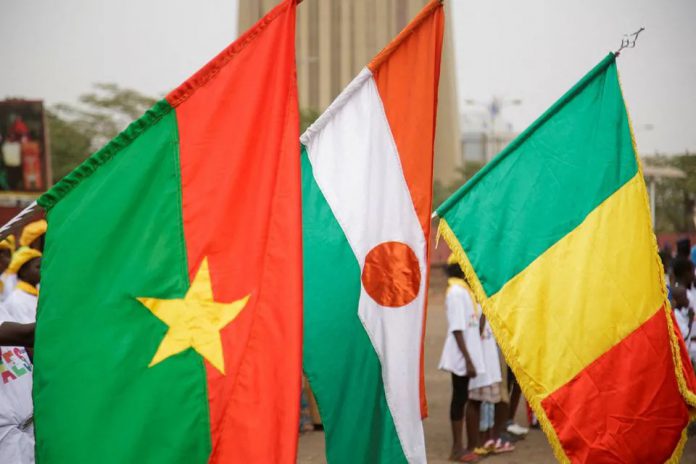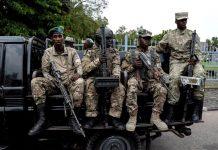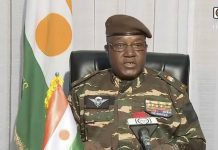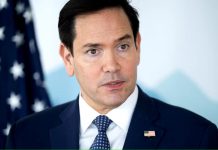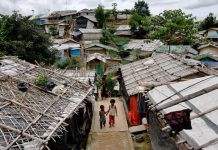The Economic Community of West African States (ECOWAS) on Thursday urged the junta-led Burkina Faso, Niger and Mali to reconsider their decision to quit the political and economic alliance, warning of the hardships the move would force on their citizens.
It would be recalled that the three countries’ self-appointed military leaders jointly announced on Jan. 28 that they were abandoning the regional bloc after it pressured them to restore constitutional order following a string of coups.
Their departure threatens to further weaken ECOWAS, which has struggled to curtail a retreat of democracy in West Africa that started with a military takeover in Mali in 2020.
Its mediation and security council met in Nigeria’s capital Abuja to discuss the issue and an electoral crisis in Senegal, where the unprecedented postponement of a presidential vote has sparked public outcry and international alarm.
Regarding the withdrawal, council chairman Yusuf Maitama Tuggar said the juntas’ move “would bring more hardship and will do more harm to the common citizens of those three countries.”
“And that is why we continue to urge those three countries to remain … And ECOWAS is going to redouble its efforts towards diplomacy, towards dialogue, towards reconciliation,” he said after the closed-door meeting.
Before the talks, ECOWAS Commission President Omar Touray described the juntas’ decision as hasty and said they had failed to abide by the rules for quitting the bloc.
Touray did not specify which withdrawal conditions had been ignored.
Member states wishing to withdraw must give a written one-year notice.
On Wednesday the juntas said they planned to leave “without delay” as they did not feel bound by treaty terms, increasing the chances of a messy disentanglement from the region’s trade and services flows, worth nearly $150 billion a year.
In separate statements, they said ECOWAS had violated its own texts by imposing excessively punitive sanctions, including border closures, in the wake of the coups.
A swift departure also raises pressing questions for the millions of nationals from the three poor and landlocked nations who have settled in neighbouring states as the bloc allows visa-free travel and the right to work.
“These are all things that you cannot just undo overnight … it takes more than pronouncements,” ECOWAS’ Tuggar said.
None of the officials commented on what they had discussed in private about Senegal’s postponement of a Feb. 25 election to December. However, Touray described the move as a threat to regional peace and stability.

